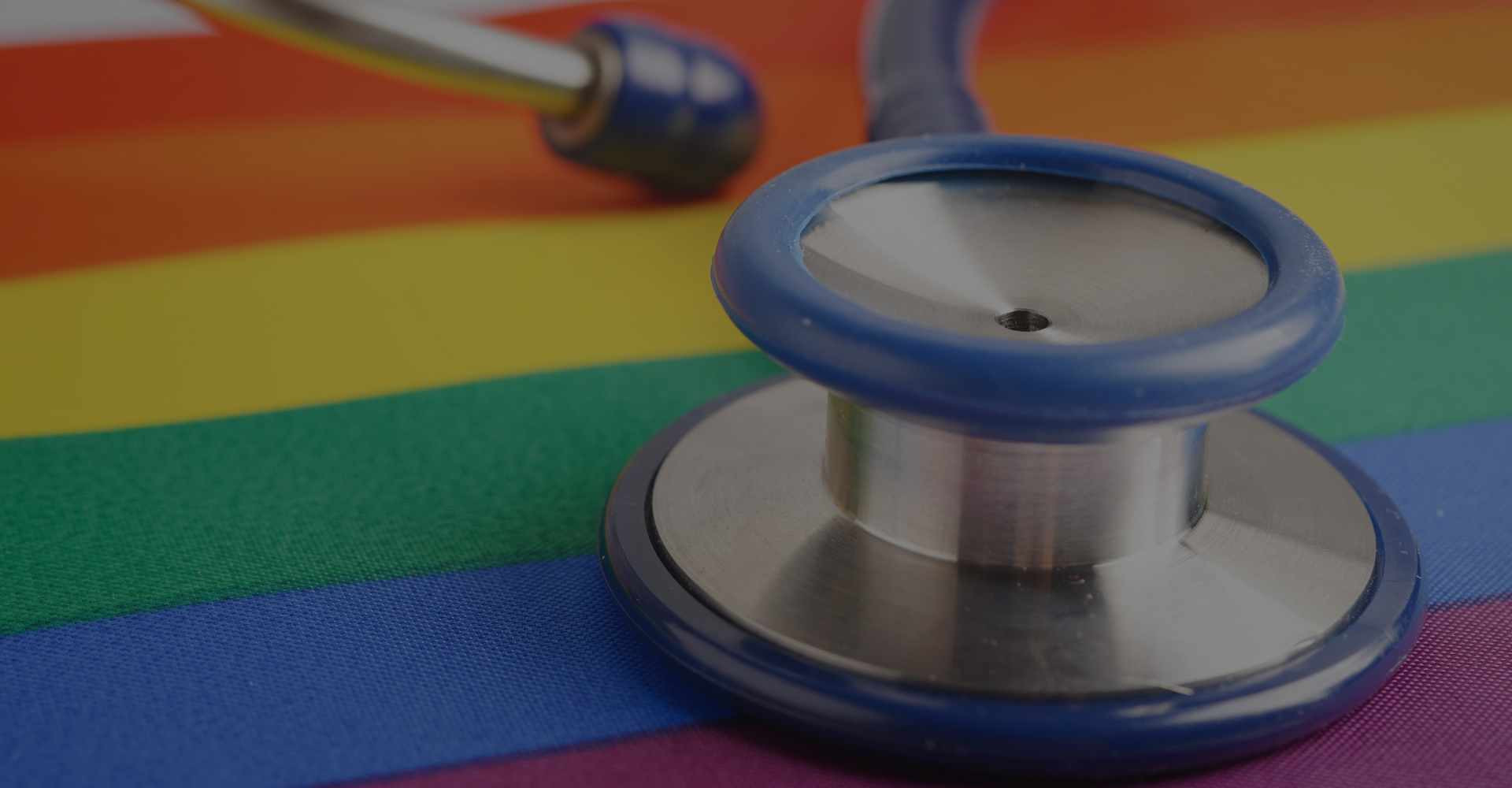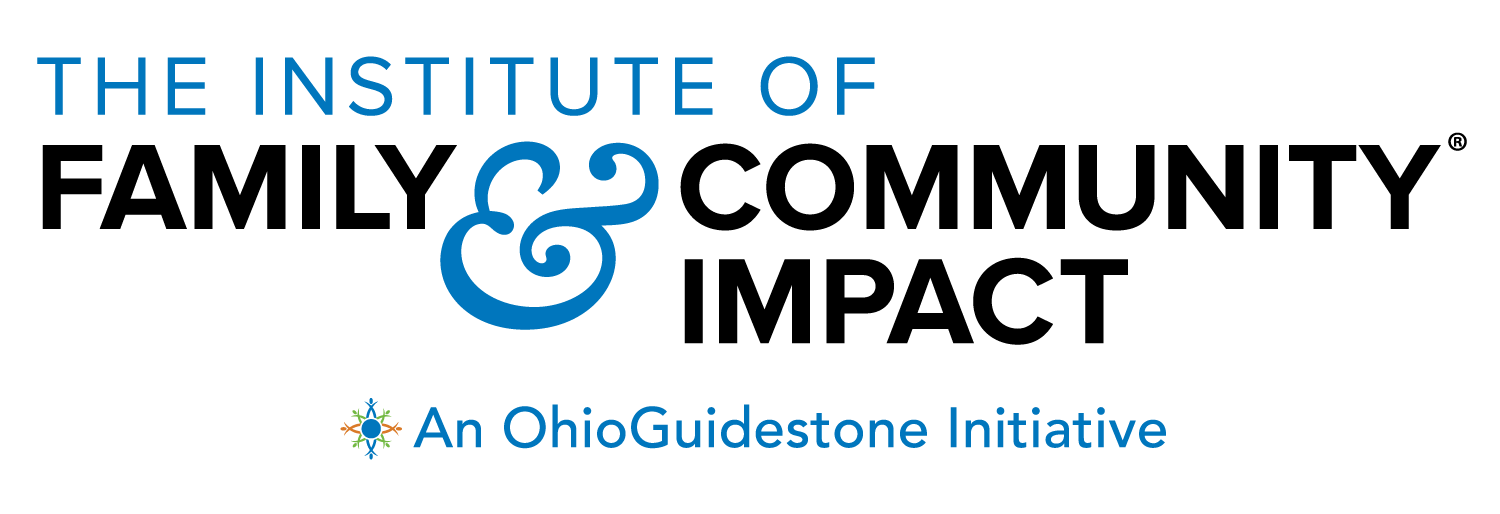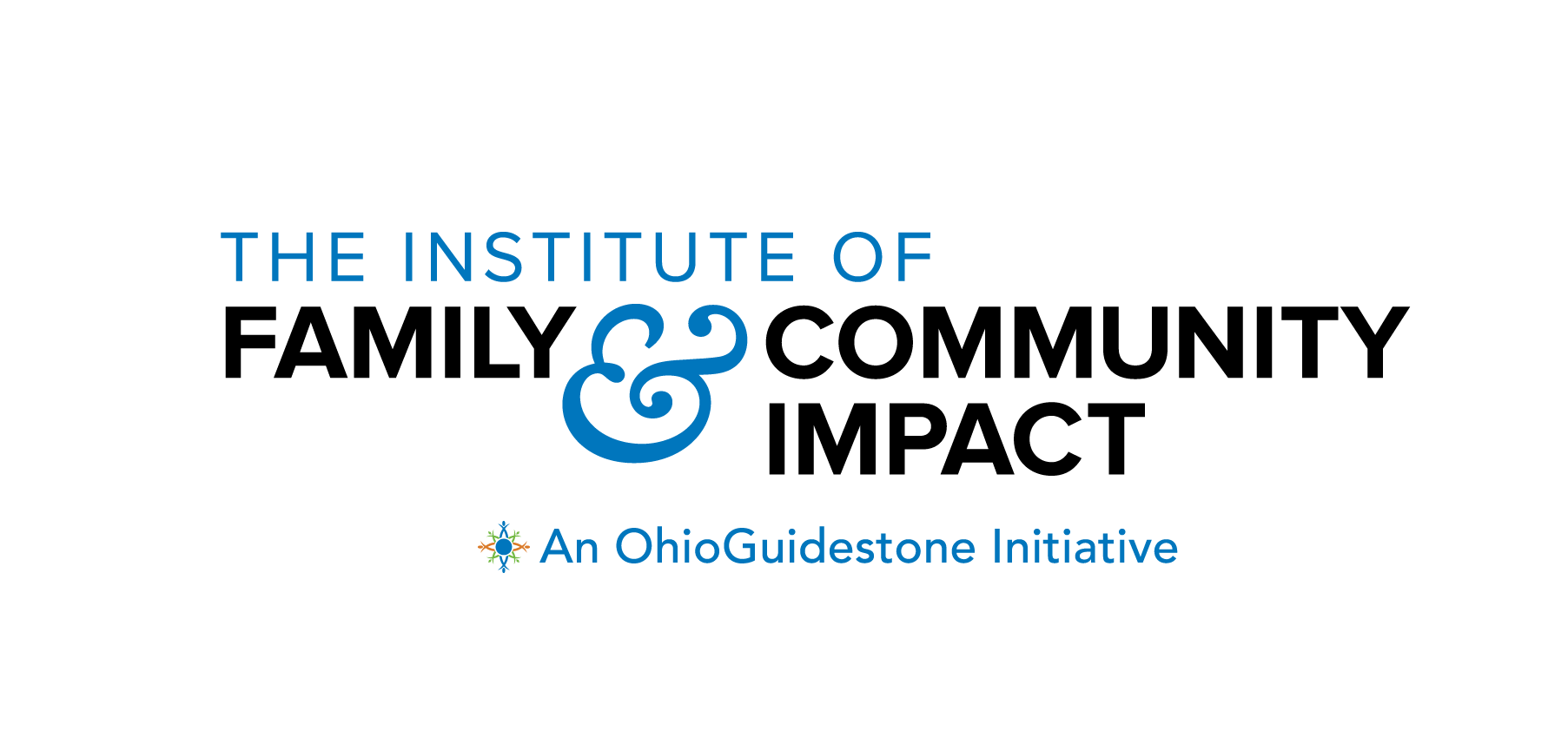
LGBTQ+ Cultural Competency Training in Healthcare : Article Summary & 4 Valuable Improvements
Table of Contents
What are Scientific Summaries?
At the Institute of Family and Community Impact, we are committed to reading and sharing literature on topics pertaining to the health of our families and communities in our website content and on our social media pages. LGBTQ+ cultural competency training in healthcare settings and the four identified enhancements in competence outcomes by Yu, et al. (2023) are explored in today’s scientific summary.
This scientific article explores the imminent need for LGBTQ+ cultural competence in healthcare and presents a conceptual model for training while examining the future need for more research, and multi-disciplinary target approaches to LGBTQ+ healthcare.
Stay tuned for more insightful article summaries and resources on our website and social media platforms as we continue to promote health and well-being for all.
What are LGBTQ+ Cultural Competencies and Why do We Need Them in Healthcare?
LGBTQ+ individuals experience health disparities that their heterosexual peers don’t experience. This may lead to avoidance or lack of trust in healthcare providers due to their past experiences or even the fear of encountering stigma during health visits. These disparities may even go as far as providers declining to provide care to LGBTQ+ individuals.
LGBTQ+ cultural competency training is designed to improve knowledge, skills, attitudes, and behaviors of providers for a chance to strengthen patient-provider interactions, leading to better health outcomes and healthcare satisfaction levels among LGBTQ+ individuals.
Cultural competency must be understood as continuous, ongoing engagement and learning, instead of being viewed as a box that can be checked off. This means offering culturally responsive care has to include more than a single course or training session. Although healthcare professionals have acknowledged their need for LGBTQ+ specific training and express a willingness to learn about addressing the unique needs of LGBTQ+ individuals, content and competencies related to LGBTQ+ health and well-being have not been widely integrated or prioritized in heath science curriculum.
25% of transgender patients have had to teach their providers about their health needs, causing them to feel frustrated, unsafe, anxious, and/or burdened
2015 U.S. Transgender Survey
By understanding the unique needs of LGBTQ+ individuals, providers can create a safe, inclusive and responsive environment. The hope for LGBTQ+ cultural competency training is that it’ll help providers develop necessary skills to communicate effectively, show empathy, and provide respectful and adequate care to LGBTQ+ individuals.
When a supportive provider-client relationship is formed and maintained, we begin to work towards eliminating barriers to healthcare access and care and improve community well-being.

Summary of LGBTQ+ Cultural Competency Training Article & the 4 Enhanced Constructs
Findings of the study show statistically significant improvements in these cultural competence constructs:
- Knowledge of LGBTQ+ culture and health.
- Skills to work with LGBTQ+ clients.
- Attitudes toward LGBTQ+ individuals.
- Behaviors toward LGBTQ+ affirming practices.
The potential of LGBTQ+ cultural competency training to enhance these four cultural competence constructs through an interdisciplinary and multi-modal approach underscores the necessity for cultural competence training in healthcare organizations to enhance the health of the LGBTQ+ population.
Yu, et al. (2023) emphasize the need to investigate the influence of these training initiatives on real client health results, rather than solely assessing the increase in provider knowledge. Training programs tailored to LGBTQ+ health may concentrate solely on educating providers about LGBTQ+ health matters, expecting that this will lead to supportive or affirmative behaviors. However, gaining knowledge does not guarantee a change in behavior or support for the success of these programs.
Assessing patient-reported experiences would provide a more comprehensive evaluation of the effectiveness of training programs compared to focusing solely on changes in health professionals’ attitudes and behaviors.
What to Expect in the LGBTQ+ Cultural Competency Training Article:
In their 2023 study, Yu et al. conducted a quantitative systematic review on LGBTQ+ cultural competency training. They examined the effectiveness and design of these trainings for healthcare professionals in diverse disciplines and settings and how these programs impact cultural competence outcomes. Out of 2, 069 citations from five databases, only 44 articles met their study’s criteria. 75% of these articles found by Yu, et al. were published between 2017 and 2023, highlighting that LGBTQ+ cultural competency has only recently started gaining emphasis in healthcare.
The authors stress the importance of focusing on bringing about real changes in the behavior and skills of health professionals through these cultural competency training sessions. Enhancing professionals’ behavior and skills in providing LGBTQ+ competent and responsive care could enhance interactions between patients and providers, leading to improved patient outcomes.
When reading the article, you will find that the authors explore the future of LGBTQ+ cultural competency training. They continually prioritize focusing on advancing with an evidence-based strategy to establish safe, more effective healthcare settings for LGBTQ+ individuals. They advocate for the essential integration and standardization of LGBTQ+ inclusive care across health systems. The authors also call into action nationwide global initiatives to assess the effectiveness of evidence-based, client-centered cultural competency training programs.
LGBTQ+ Cultural Competency Training Research Source & Link
This article is accessible to everyone at no cost, and we encourage you to read the full article to further understand LGBTQ+ cultural competency training for health professionals:
Link:
https://link.springer.com/article/10.1186/s12909-023-04373-3
Yu, H., Flores, D. D., Bonett, S., & Bauermeister, J. A. (2023). LGBTQ + cultural competency training for health professionals: a systematic review. BMC Medical Education, 23(1). https://doi.org/10.1186/s12909-023-04373-3
Feedback & Comments
The Institute of Family & Community Impact, an initiative of OhioGuidestone, understands all of our work is informed by the communities we serve. Have questions about who we are or what we do? Or have a suggestion for our Scientific Summaries? Visit our FAQ page or contact us today.

Payten Kleinhenz
Payten Kleinhenz B.S., CDCA is a Behavioral Health Specialist IV at OhioGuidestone. As a former Research Analyst at the Institute of Family and Community Impact, she helped lead applied clinical science & research communications. She authored department written content such as newsletters and reports, social media posts, and articles by prioritizing evidence-based, research-backed writing and reader accessibility. She also managed research data through data collection, entry and storage. Payten graduated with a B.S. in Sociology from Western Carolina University in May 2022. Her sociological background drives her passion for dismantling systemic and structural barriers. Payten’s primary research and professional areas of interests include substance use disorders, and family/social ties in the context of power relations and structures.


